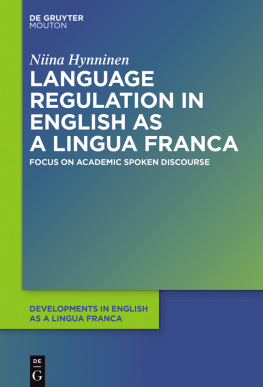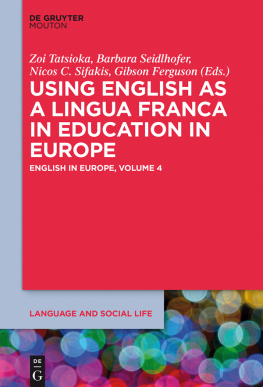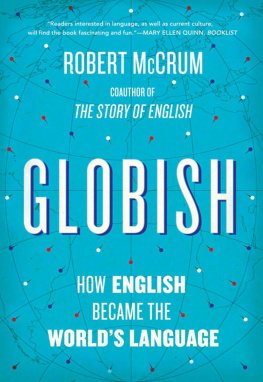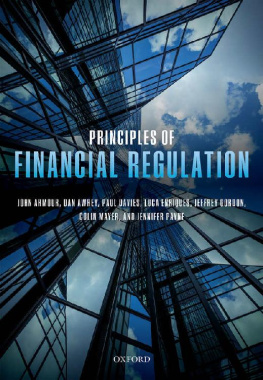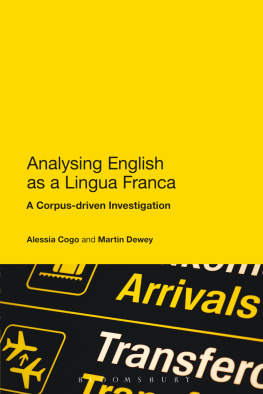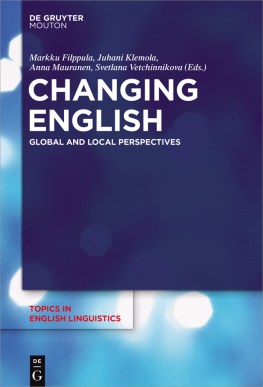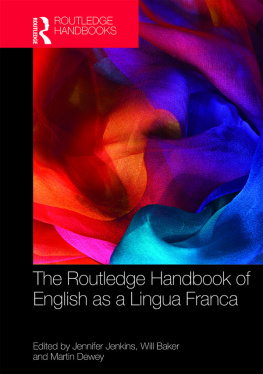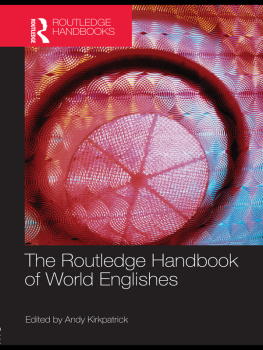Guide

Niina Hynninen
Language Regulation in English as a Lingua Franca
Developments in English as a Lingua Franca

Editors
Jennifer Jenkins
Will Baker
Volume 9

ISBN 978-1-61451-768-9
e-ISBN (PDF) 978-1-61451-667-5
e-ISBN (EPUB) 978-1-5015-0052-7
ISSN 2192-8177
Library of Congress Cataloging-in-Publication Data
A CIP catalog record for this book has been applied for at the Library of Congress.
Bibliografische Information der Deutschen Nationalbibliothek
The Deutsche Nationalbibliothek lists this publication in the Deutschen Nationalbibliografie;
detailed bibliographic data are available on the internet http://dnb.dnb.de.
2016 Walter de Gruyter Inc., Boston/Berlin
Typesetting: Frank Benno Junghanns, Berlin
www.degruyter.com
Acknowledgements
This book has benefited from the expertise, advice and support of a number of people, who I would like to express my warmest thanks to. The book is based on my doctoral dissertation, which would not have come about without the inspiring and constructive supervision I received from Anna Mauranen and Anna Solin. Thank you Anna M. for sharing your wide expertise and for introducing me to the world of academic networking. Thank you Anna S. particularly for pushing me to consider different ways of approaching and presenting my findings, and lately also for your collegial support. I would also like to thank my pre-examiners Marina Bondi and Barbara Seidlhofer for their useful comments on my dissertation manuscript.
During my doctoral studies, I was lucky to be a member of Anna Mauranens English as a lingua franca research group, the Global English (GlobE) consortium and the Finnish doctoral programme in language studies (Langnet). I wish to thank the people in Langnet for the thought-provoking seminars that helped move my research forward. The members of the lingua franca research group and the GlobE consortium I wish to thank for their insights and support during my dissertation writing process. My thanks particularly to Jani Ahtiainen, Izabela Czerniak, Henrik Hakala, Sanna Hillberg, Netta Hirvensalo, Markku Filppula, Juhani Klemola, Lea Merilinen, Maria Mets-Ketel, Hanna Parviainen, Heli Paulasto, Diane Pilkinton-Pihko, Elina Ranta, Paula Rautionaho, Jaana Suviniitty, Svetlana Vetchinnikova, and last but not least, Ray Carey, who also helped out with the data collection.
I am grateful to my former and current colleagues at the Department of Modern Languages at the University of Helsinki as well as at the Department of English at Stockholm University. My special thanks to Beyza Bjrkman and Maria Kuteeva for taking an interest in my project and for support in developing my book proposal. I also wish to thank Miguel Garcia Yeste, Mara Haslam, Nils-Lennart Johannesson, Minna Palander-Collin, Elizabeth Peterson, Hanna-Mari Pienimki, Howard Sklar and Sanna-Kaisa Tanskanen. Along the way, I also received support from many other, sometimes unexpected, places. My thanks to Emma Dafouz Milne, Valeria Franceschi, Esko Koponen, Hanna Laitinen, Mikko Laitinen, Tuula Lehtonen, Janus Mortensen, Kari Pitknen, Tiina Risnen, Tamah Sherman and Ute Smit.
The research reported in this book would not have been possible without the students, teachers and English instructors who participated in the research. My warmest thanks to all of you for sharing your thoughts and your time! I also thank the Studying in English as a Lingua Franca (SELF) project assistants who helped me with collecting and processing the data. My special thanks go to Pirjo Surakka-Cooper with whom I collaborated during the first stages of the research. Thank you also Marianne Hiirsalmi, Anni Holopainen, Zinaida Merezhinskaya and Niina Riekkinen.
I also wish to thank the editors of the Developments in English as a lingua franca (DELF) series, Jennifer Jenkins and Will Baker, and my editors at De Gruyter Mouton, Lara Wysong and Emily Farrell, for making this book possible.
Last but not least, I thank my family and friends for taking my mind off work, particularly my daughter Julia. Your birth may have postponed the writing of this book, but importantly also gave it new perspective. Special thanks go to my husband Timo Lagus for being my personal IT specialist, and for his love, support and understanding.
This work would not have been possible without the financial support from various sources. I have been privileged to be part of different research projects both during and after my doctoral studies, including the SELF project, funded by the University of Helsinki Research Funds, the GlobE project, funded by the Academy of Finland, and more recently the Language Regulation in Academia (LaRA) project, funded by the Kone Foundation. The work I did for this book has also benefited from personal research funding (received from Langnet, the University of Helsinki and the Ella and Georg Ehrnrooth Foundation), as well as from my previous employment as a lecturer first at Stockholm University and later at the University of Helsinki.
Some of the findings reported in this book, including some of my thoughts and arguments have appeared in the following articles. I thank the publishers and editors for permitting me to include them in this book.
Hynninen, Niina. 2010. We try to to to speak all the time in easy sentences Student conceptions of ELF interaction. Helsinki English Studies 6. 2943. [Special issue: English as a lingua franca, ed. by Anna Mauranen & Niina Hynninen]. http://blogs.helsinki.fi/hes-eng/volumes/volume-6 (accessed 8 Feb 2016).
Hynninen, Niina. 2011. The practice of mediation in English as a lingua franca interaction. Journal of Pragmatics 43(4). 965977. [Special issue: English as a lingua franca, ed. by Beyza Bjrkman.]
Hynninen, Niina. 2012. ICL at the micro level: L2 speakers taking on the role of language experts. AILA Review 25. 1329. [Special issue: Integrating content and language in higher education at mainland European universities, ed. by Ute Smit & Emma Dafouz Milne.]
Hynninen, Niina. 2014. The Common European Framework of Reference from the perspective of English as a lingua franca: What we can learn from a focus on language regulation. Journal of English as a Lingua Franca 3(2). 293316.
Niina Hynninen
Klaukkala, February 2016
1Introduction
In everyday communication, speakers are often reminded about how they should use language. In fact, whenever communication takes place, so does negotiation about the boundaries of what is acceptable language use. Sometimes speakers explicitly comment on and even correct each others language use, whereas sometimes the negotiation is more subtle. Speakers may be expected to resort to codified standards found in dictionaries and grammar books when talking in public, whereas when talking to their friends, the same speakers may not care about this kind of correctness. This raises questions about the ways in which language use is regulated in different settings and for different purposes, and to what extent speakers are constrained by, for instance, codified standards in their language use. In todays world, these questions are particularly important for English, which is increasingly used as a lingua franca between speakers who do not share a first language (L1). Who can decide what is acceptable, functional, and indeed correct for this global lingua franca?

